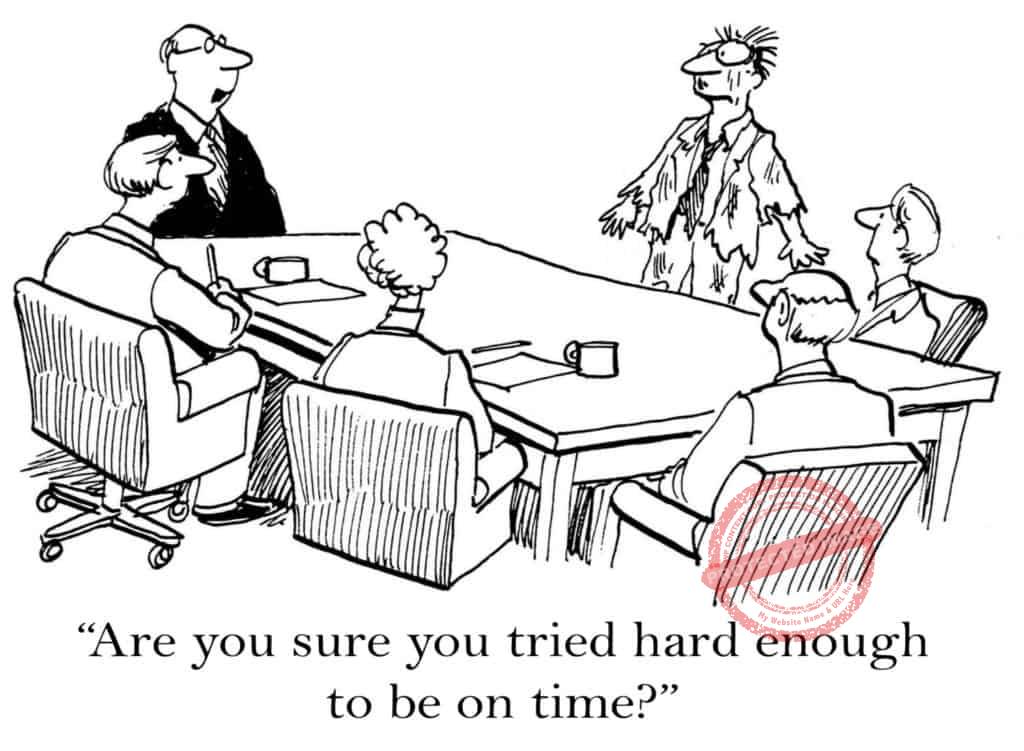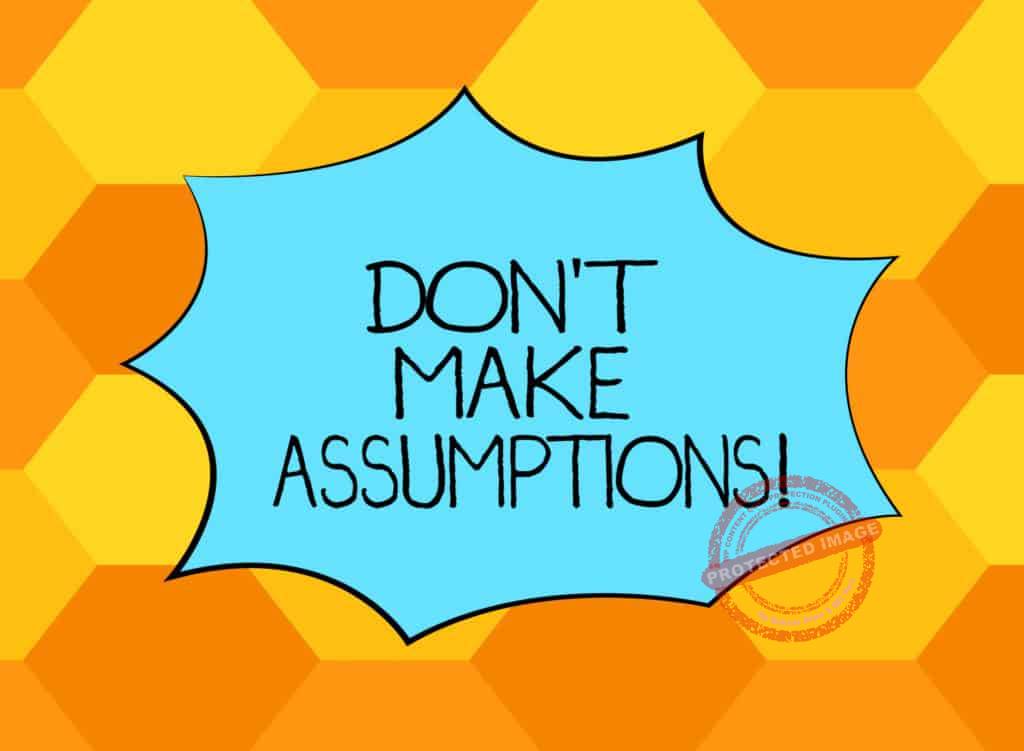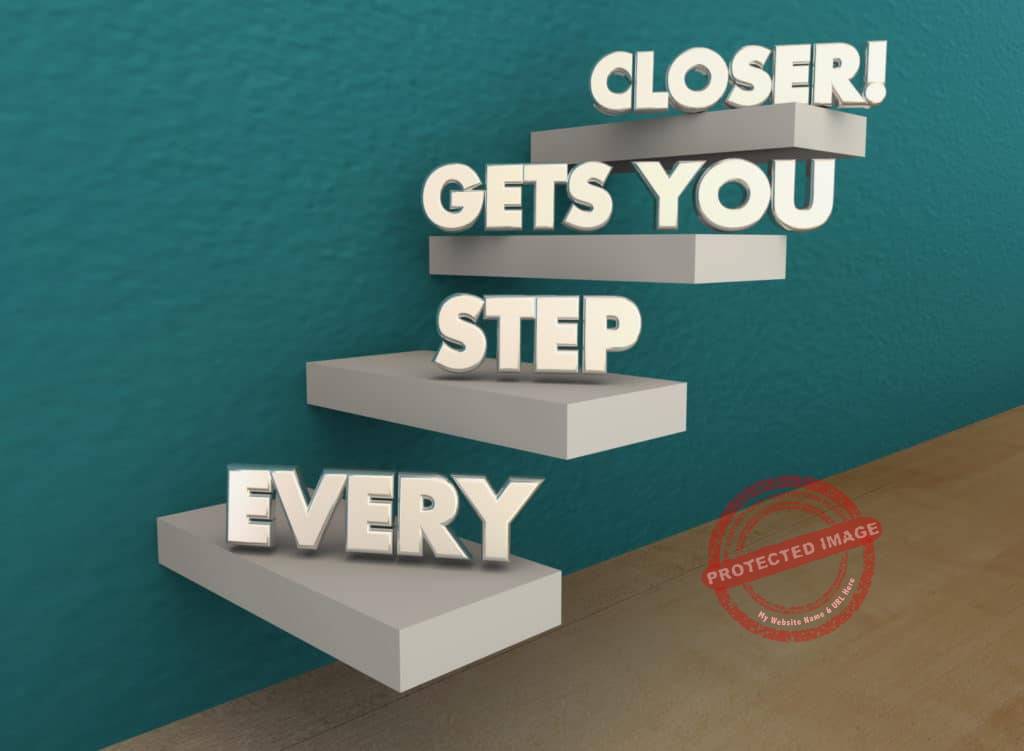Do you wonder why most of your clients are not coming back for more orders? Are you bewildered why your rating does not seem to rise above below average? Have you ever considered that this could probably be attributed to the reason that you are yet to learn or understand how to meet deadlines?
You may already know why you are stuck in a rut this past couple of months, maybe even years, but you are just ashamed to admit it.
The reason why you are not reaching your full potential is that you have trouble managing priorities and deadlines.
From a business standpoint, clients appreciate it when they can take your word that you can and will deliver quality products and services on or even before the agreed upon deadline.
Meeting deadlines is not just a sign of goodwill, it also provides your clients with reassurance that when they ask you to do a job for them, you will no doubt follow through on your promise.

However, to work on a deadline, you need to get into the right mindset.
It is not enough for you to say that you will meet your deadlines, you need to back your words with actions, and this is where most people do not have a clue.
They are unaware of what kinds of actions they need to take so they can constantly meet their deadlines and be more productive.
To help you on your journey to improve your ability to meet deadlines, here are some tips and tricks that will help you get on your way.
Take Your Deadlines Seriously

The first step you need to take to ensure that you never miss another deadline ever again is to change the way you view them.
This is one way you can actually meet those deadlines.
Many people do not take their deadlines seriously.
In fact, many do not feel any pressure at all when they are presented with deadlines.
Not feeling the pressure is a good thing, but relaxing too much might be problematic.
You need to take all of your deadlines, seriously.
There is no small task; if you have a deadline coming up, you need to learn how to prioritize tasks.
Once you have changed your mindset about meeting your deadlines, the rest will just be a matter of logistics.
Create A List Of Your Projects And Their Deadlines

If you care about meeting your deadlines, you will write them down on a list.
Once you have made the said list, you need to place it where you will always see it.
For instance, you can write an old-fashioned list using pen and paper and pin it on your refrigerator door.
You can also use the high-tech method of creating a list on your smartphone.
Then set a regular alarm that will remind you to check your list.
The type of tools you choose to use doesn’t matter.
As long as you can see your list and you are constantly reminded of your deadlines and meeting them, anything will do.
Be Clear About Your Deadline

There is nothing worse than having a miscommunication issue between you and your clients regarding your deadline.
You need to make certain that both you and your clients are clear about the terms of your project, especially the deadline.
If you are working from home, and your client is from halfway across the globe, you need to iron out the details before you agree to anything.
For instance, if your clients tell you that the deadline for the task is on Monday the following week, you need to ask if you will be using his timezone or yours.
In addition, if your client does not give you a deadline, you need to ask for one yourself.
Even though the client did not give you a clear deadline, he/she will have an idea of when you should finish your task.
To prevent misunderstandings and disappointments, it is much better to have a clear and exact deadline for submission.
Give Yourself A Deadline Cushion

When you are negotiating a deadline with your clients, it is best to have a built-in cushion for yourself.
This is just in case something happens that delays your completion.
Before you can actually build in a cushion, you need to have an idea of how long the project will take you to finish.
Making an accurate estimation of how long it will take you to finish a project can be tricky.
So you need to break the project down into smaller pieces, or sub-tasks.
These sub-tasks are easier to estimate the completion date.
If you are still having trouble, break them further until you can make an accurate guess.
Once you have an idea of how much time each task will take you to finish, add time cushions to every one of them.
Once you add up all of the tasks back into one project, you will also get a rough estimate of the total project duration (with a deadline cushion already built-in).

The cushion you get might be as small as a couple of hours as long as several days.
Regardless of how many deadline cushions you make for yourself, the important thing is that you use all of that extra time wisely.
For instance, if you are ahead of schedule by one day, you can take this time to go through your content using a fine-tooth comb.
This will enable you to fix all of the tiny mistakes that happened to slip by you.
Also, because of the cushion, you will have some time to spare in case you run into situations that will cause delays.
Additionally, if you happen to finish early, your client will be happy.
He/she might even give you a bit of a bonus for your punctuality.
Be Clear With Your Outcome

The deadline is not the only thing that you need to clear up with your client.
You should also be clear about the kind of output you will be submitting to him/her.
This is an important step that you should not skip, else you will regret doing so later on.
You have to be clear about what the client wants you to do.
Or else you will be passing an outcome that is not what he/she wants.
Thereby causing you to revise the whole thing and waste a lot of your time.
In other words, you will miss your deadline.
Do not be afraid to ask your client for further details regarding his/her project. You will use all of that information to provide him/her with the kind of output he/she asked for in the end.
Break Down The Project Into Manageable Chunks

This is the standard piece of advice that is applicable to any kind of project, mainly because it just works.
If you look at a project in its entirety, you will surely become overwhelmed with all of the work that you have to do.
You need to learn how to deal with pressure.
However, as mentioned earlier, when you break a project down into several parts, and those parts are broken into even more basic steps, it will not be that intimidating anymore.
Having a list of steps is also handy for keeping you motivated to work.
Every time you cross out a step, you will feel more motivated to work on the other parts of the project.
Focus On Finishing The First Step

Sometimes, the only thing holding you back from finishing your project and submitting it on time is beginning.
Now that you divided the project down to small, individual steps, do not just stand back and look at the long list in front of you.
You need to actually start working.
Focus on finishing the very first thing that is on your list.
Do not mind the other steps for now, just work on finishing the very first one.
You will find that simply finishing the first step will greatly motivate you to work on the next step.
Just focus on working one step at a time, and before you know it you have finished the entire project.
Block Off Your Time For Work

You need to block off a chunk of your day to work on a step.
If you do not block off time for working on your project, you will most likely not get anything done.
If you have multiple projects going on at the same time, block off parts of your day to work on each project’s steps.
You need to treat these like you would an important doctor’s appointment.
Do everything in your power to not miss them.
What will most likely happen if you do not schedule your time?
You will procrastinate.
It is quite easy to forego work when you know that the deadline is still a way off.
But you might eventually find that you actually barely have enough time.
Scheduling time for work will ensure that you do not waste your time.
Set A Start And End Date For Every Step

Once you break down a project into individual steps, set a start and end date for every one of them.
This will serve as a reminder for you to work on your project.
It will also give you a feel of the amount of progress that you have made so far.
Having a start and end date for every step will also help you gauge whether or not you are actually still in the schedule for timely submission.
If you are ahead of schedule, you can hold back and pay a bit more attention to your work.
Ensure that you are making something that is truly worth paying for.
Communicate Each Step You Accomplish

Every time you finish a step, send updates to your clients, if possible.
You may not be sending out a completed project, but at least your clients will be receiving regular status updates of their projects.
This way, you are assuring the client that you are on schedule to finish the project.
You are also allowing your client to give you valuable feedback.
The client will immediately know if you are actually doing things correctly so you can revise your work immediately.
This is much better than actually revising the entire thing later.
Know Your Limits

The most common cause of missed deadlines is when the worker overcommits.
You should never promise to do more than what you can actually handle.
Avoid saying yes to everything that the client wants you to do in the fear that you will not find more work later.
If you know that you cannot finish a project at the deadline the client stated, then don’t commit to doing so. You will be stressing yourself.
You also will hate yourself later for not meeting your (albeit unmanageable) deadline.
Learn From Your Messes

Do not beat yourself up too much when you miss a deadline.
Instead, take what you can and learn from the experience.
Analyze the part in the entire project where everything started to go downhill.
Learn from your mistakes so you can avoid making the same one ever again.
Work Overtime If Needed

If your schedule was executed poorly, or you just could not help but procrastinate, and your deadline is looming in the distance, you need to do whatever it takes to not miss it.
This means that you might need to work overtime to make up for all of the time that you wasted.
You will be working under stress, so you have to prepare yourself for the struggle ahead.
Stock up on coffee and energy drinks, if your deadline is fast approaching and you are still nowhere near your goal. You might need to do an all-nighter just so you can make the cut.
However, if you feel that you just cannot continue working, set an alarm for fifteen or thirty minutes, and go take a power nap.
This will give you just enough energy to power through the rest of the night.

If you do go on an all-nighter, ensure that you double-check your work the following day when you have had enough sleep.
At the very least, check your work thoroughly before you submit it to your client.
There is a huge chance that you may have made quite a few mistakes in your dazed stupor the previous night.
So you need to correct them as soon as you can.
Ask For An Extension

Let’s say that you unwittingly overcommitted, and halfway through the project, you realized that there is no way on God’s green earth that you can make the deadline.
If you find yourself in this situation, swallow your pride.
Get in touch with your client, and admit that you cannot meet the deadline.
However, assure your client that you will not be bailing out on him/her and that you only want a reasonable extension of the deadline.
Letting your client know early on that you will need an extension is so much better than asking for an extension once the deadline has come and passed.
If your client does grant you an extension on your deadline, you need to do everything in your power to meet that second deadline.
It will not look good for your reputation if you somehow managed to miss two deadlines in a row.
Ask For Help

Some people think that they can do everything on their own, but that is usually not the case.
For instance, let’s say that you have overcommitted yourself to do a task that is far beyond your skillset, instead of asking your client for an extension, just ask someone you know for some help.
Ask your friends for a favor.
Tell them that if they help you with your work today, you will be more than happy to help them in the near future as well.
You should consider not asking them for help on the tricky parts of the project.
Just assign them to work on the easiest steps so you can focus your energy on the problematic ones.
Unless of course, this is not within your skill set.

If you are really in a bind, you can hire a professional or two to help you out.
There are many websites out there that provide freelancing services.
These websites allow you to outsource your tasks to freelancers.
You just have to pay them for their services rendered.
Missed deadlines will all be in the past when you follow the tips above and take them all to heart.
Once you master these techniques, the shame and embarrassment that once came with every missed deadline will be a thing of the past.
Have you missed a deadline with a client before?
How did you feel?
Share your experience with us!
Click on Buy Now For a PDF Version of This Blog Post
 |










